Spices do more than flavor your meals—they can also impact your health in powerful ways. From reducing inflammation to supporting heart function, the right seasonings can turn everyday dishes into wellness-boosting powerhouses. However, some spices are far more beneficial than others. While some offer impressive benefits when used regularly, others may pose risks if consumed too frequently or in large amounts. In this guide, we’ll explore six spices that truly support your health—and four you’ll want to use with a bit more caution. Flavor your food wisely, and your body will thank you.
1. USE: Turmeric
Golden and earthy, turmeric has earned a top spot among medicinal spices, thanks to its active compound, curcumin. Known for its strong anti-inflammatory and antioxidant effects, curcumin may help reduce joint pain, support brain function, and protect cells from damage.
It’s also been linked to improved heart health and potential benefits in managing depression and arthritis. Unfortunately, curcumin isn’t easily absorbed on its own—but pairing it with black pepper enhances its bioavailability dramatically. Whether stirred into curries, smoothies, or golden milk, turmeric offers a gentle, flavorful way to support long-term health and inflammation reduction through everyday meals.
2. USE: Ginger
Fresh or dried, ginger is one of the most versatile and widely used healing spices. Its signature compound, gingerol, delivers powerful anti-inflammatory and antioxidant effects that support everything from digestion to immune defense.
Ginger is especially helpful for easing nausea, whether due to motion sickness, pregnancy, or an upset stomach. It’s also been linked to reduced muscle pain, menstrual cramping, and improved blood sugar control. Incorporating ginger into your diet is simple—grate it into stir-fries, steep it as tea, or blend it into smoothies. This zesty root is a flavorful way to naturally soothe, energize, and rebalance your system.
3. USE: Garlic
A pungent powerhouse, garlic contains the compound allicin, which gives it both its intense flavor and a wide range of health benefits. Garlic has been shown to improve cholesterol levels, reduce blood pressure, and strengthen the immune system—earning it a solid reputation in heart health. Its antibacterial and antiviral properties also make it useful during cold and flu season. Some studies suggest garlic may even support detoxification and reduce the risk of certain cancers. Whether enjoyed raw, roasted, or sautéed into savory dishes, garlic is an easy and affordable way to flavor your meals while protecting your body.
4. USE: Cayenne Pepper
Fiery and bold, cayenne pepper is more than a kitchen staple—it’s a metabolism-enhancing, circulation-boosting spice with real health impact. Its heat comes from capsaicin, a compound shown to increase thermogenesis, reduce appetite, and potentially aid in weight management.
Cayenne is also packed with antioxidants and may support digestive function by stimulating enzyme production. Some research suggests it could help reduce blood pressure and improve heart health. A little goes a long way—just a pinch in soups, eggs, or marinades can deliver noticeable flavor and metabolic benefits. Used wisely, cayenne adds more than heat—it adds vitality to your meals.
5. USE: Black Pepper
Black pepper, often dubbed the “king of spices,” is a staple in global cuisines for its sharp, pungent flavor. Beyond taste, it’s known for enhancing nutrient absorption and reducing inflammation. The compound piperine is responsible for these benefits, making it a valuable addition to a healthy diet. Black pepper can be freshly ground over dishes to add depth and warmth. While it’s generally safe, excessive use can lead to gastrointestinal distress. Its versatility and ability to complement a wide range of flavors make it indispensable in both everyday cooking and gourmet creations.
6. USE: Cinnamon
Warming and aromatic, cinnamon does more than enhance baked goods—it helps stabilize blood sugar levels, support metabolic function, and deliver a hefty dose of antioxidants. The spice has been shown to improve insulin sensitivity, making it a favorite among people managing type 2 diabetes.
Its polyphenols also reduce inflammation and may help lower cholesterol and triglycerides. While both Ceylon and Cassia cinnamon offer benefits, Ceylon (known as “true” cinnamon) contains less coumarin, a compound that may harm the liver in large amounts. Whether sprinkled into coffee or oatmeal, cinnamon is a sweet way to support wellness with each delicious bite.
7. USE WITH CAUTION: Cassia Cinnamon
Commonly found in grocery stores, cassia cinnamon is inexpensive and flavorful—but unlike Ceylon cinnamon, it’s high in a compound called coumarin. In large amounts, coumarin may be toxic to the liver and has been linked to potential kidney and blood thinning issues.
While cinnamon itself has health benefits, daily heavy use of cassia can outweigh the positives. If you regularly enjoy cinnamon in large quantities, consider switching to Ceylon, which is much lower in coumarin. Enjoy cassia in moderation—especially if it’s your go-to baking spice—and always be mindful of cumulative intake over time.
8. USE WITH CAUTION: Nutmeg
Nutmeg adds a warm, sweet touch to baked goods and holiday treats, but moderation is key. In small amounts, it’s harmless and even offers antioxidants. However, nutmeg contains myristicin—a natural compound that can cause serious side effects in large doses, including hallucinations, dizziness, nausea, and heart palpitations. Consuming even a tablespoon or two at once can lead to toxicity. While rare, nutmeg poisoning is well-documented. To safely enjoy its cozy flavor, stick to a pinch here and there in seasonal recipes. When used wisely, nutmeg is pleasant and aromatic—but it’s not a spice to overdo.
9. USE WITH CAUTION: Salt
Technically a mineral, salt is often used like a spice—and overuse can have major consequences. While sodium is essential for muscle function and fluid balance, most people consume far more than they need. Too much salt is linked to high blood pressure, kidney strain, and increased risk of stroke or heart disease. It also contributes to water retention and bloating. Because salt hides in processed foods, it’s easy to go overboard without realizing it. Cooking with herbs, spices, and citrus instead can reduce your need for extra sodium. A little salt can enhance flavor—but a lot can harm your health.
10. USE WITH CAUTION: Chili Powder
While it brings bold flavor and color to dishes, chili powder isn’t always gut-friendly in large amounts. It can irritate the stomach lining, trigger acid reflux, and worsen symptoms for those with gastrointestinal conditions like IBS or ulcers.
The capsaicin in chili has benefits—but too much can overwhelm sensitive digestive systems. Some blends also contain additives or excess sodium. If you’re heat-sensitive or experience bloating and heartburn, ease up on the chili powder or opt for milder spices. Used sparingly, it adds warmth and depth. Used excessively, it can leave your stomach feeling far from spicy.
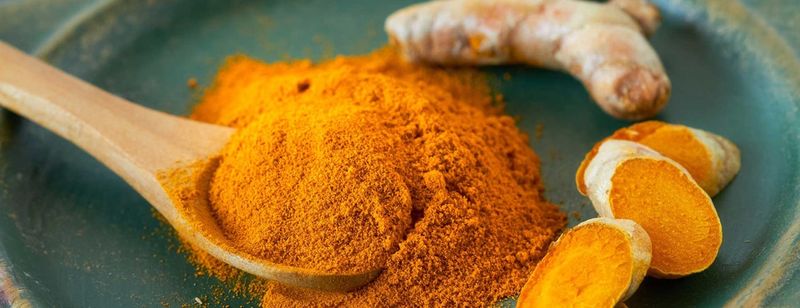
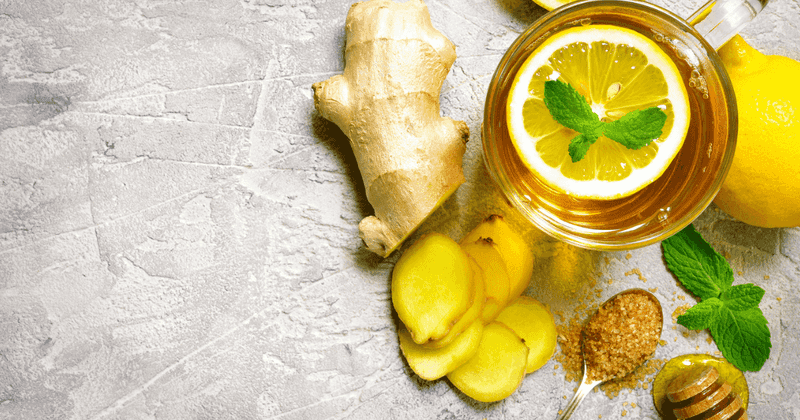
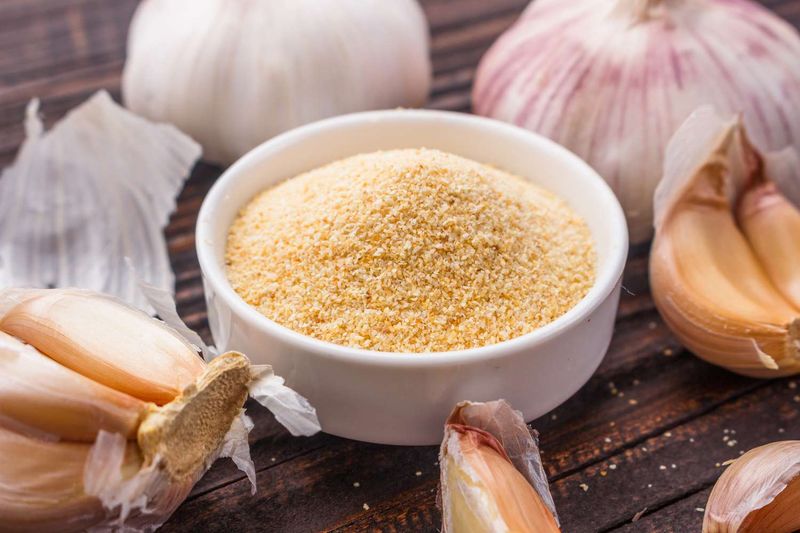
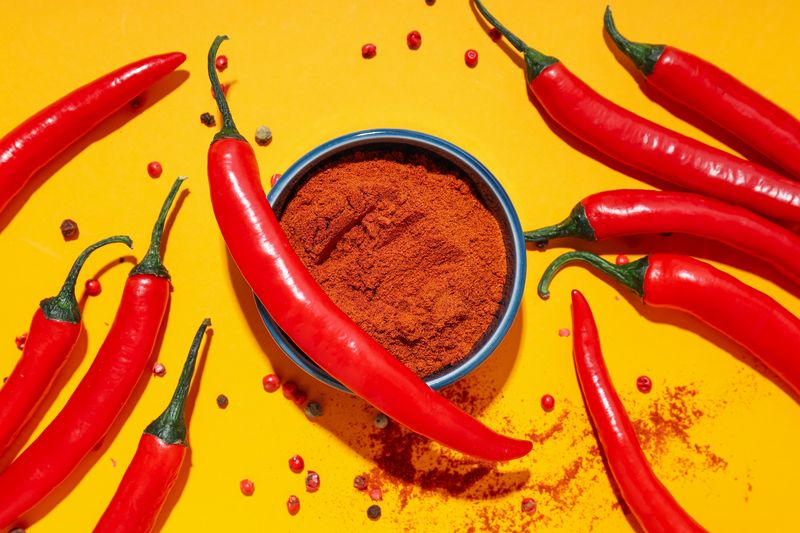

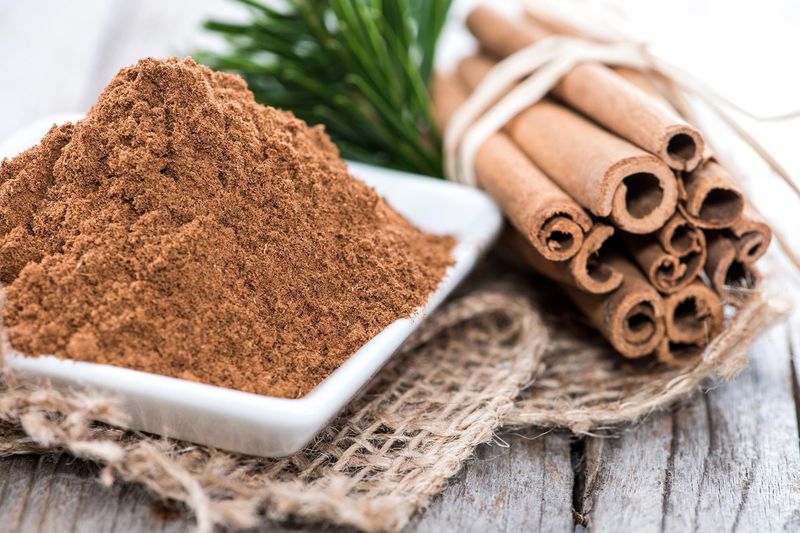

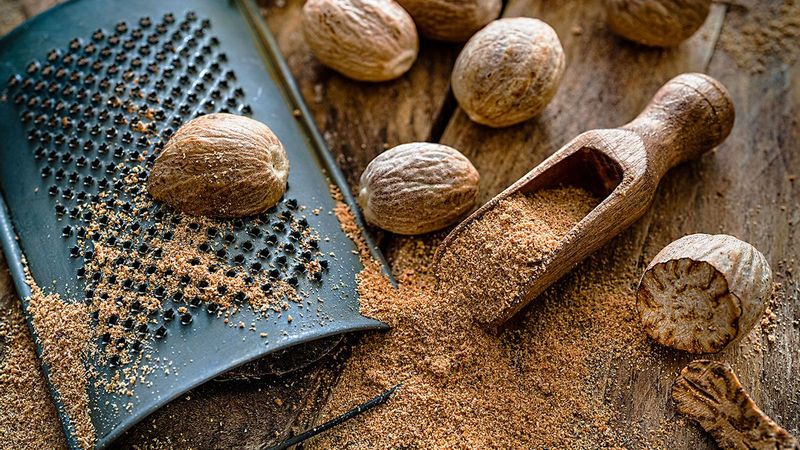

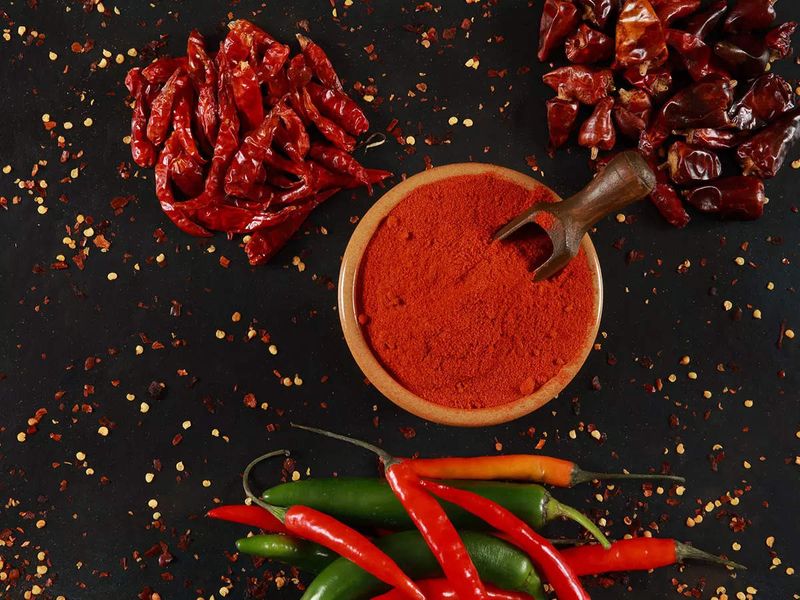
Leave a comment